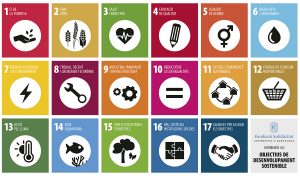The inaugural conference of the OMCC at the University of Carthage (Tunisia) has brought together higher education and research institutions, NGOs and public administrations to face the climate change in the Mediterranean.
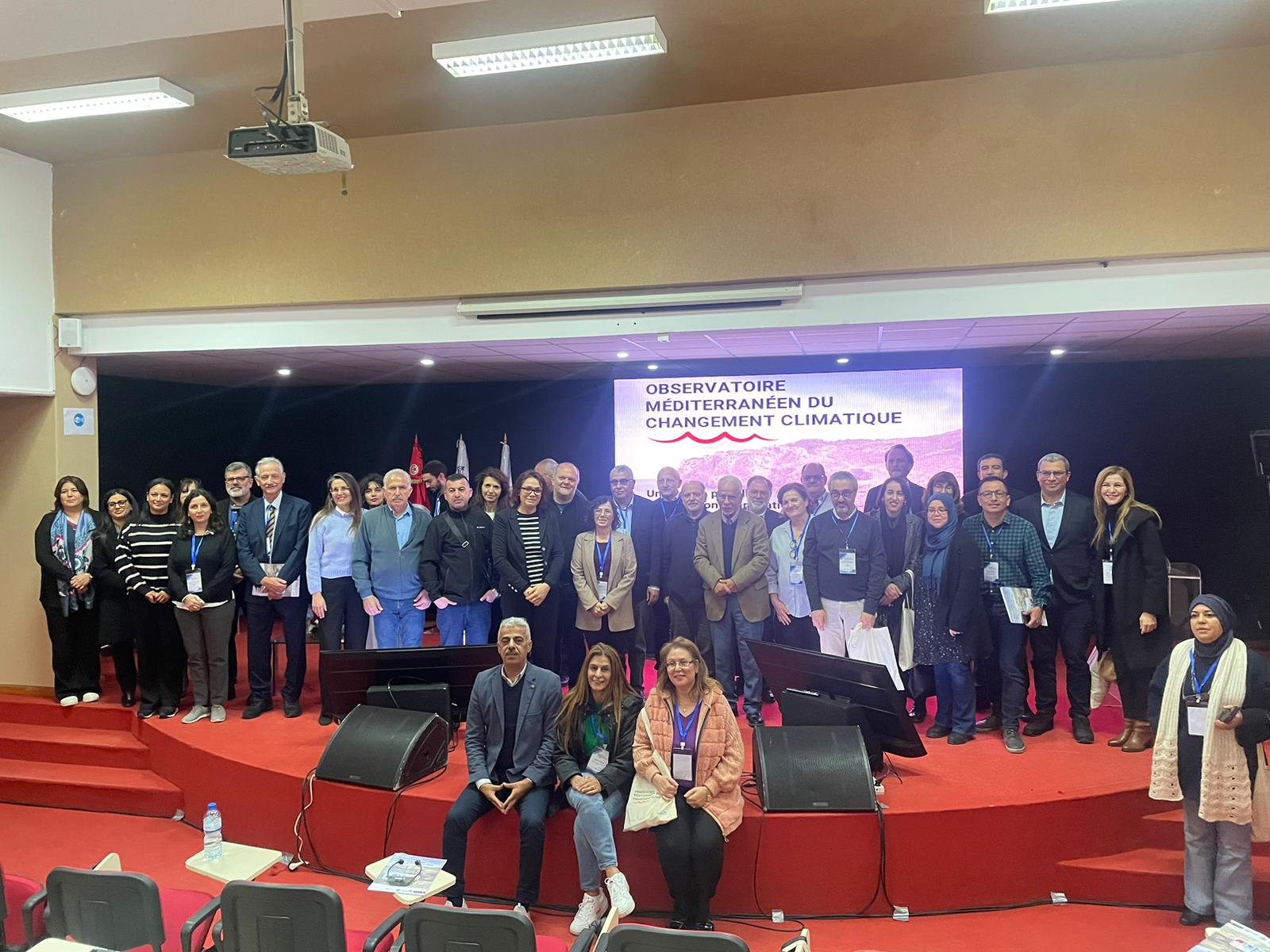
The Mediterranean Observatory of Climate Change (OMCC) will focus efforts on water management and conservation, food security and Nature-based Solutions (NbS), as key challenges and strategies to address the climate crisis in the Mediterranean region.
This was agreed at the inaugural conference of the entity, held on 2 and 3 December at the École Polytechnique de Tunisie.

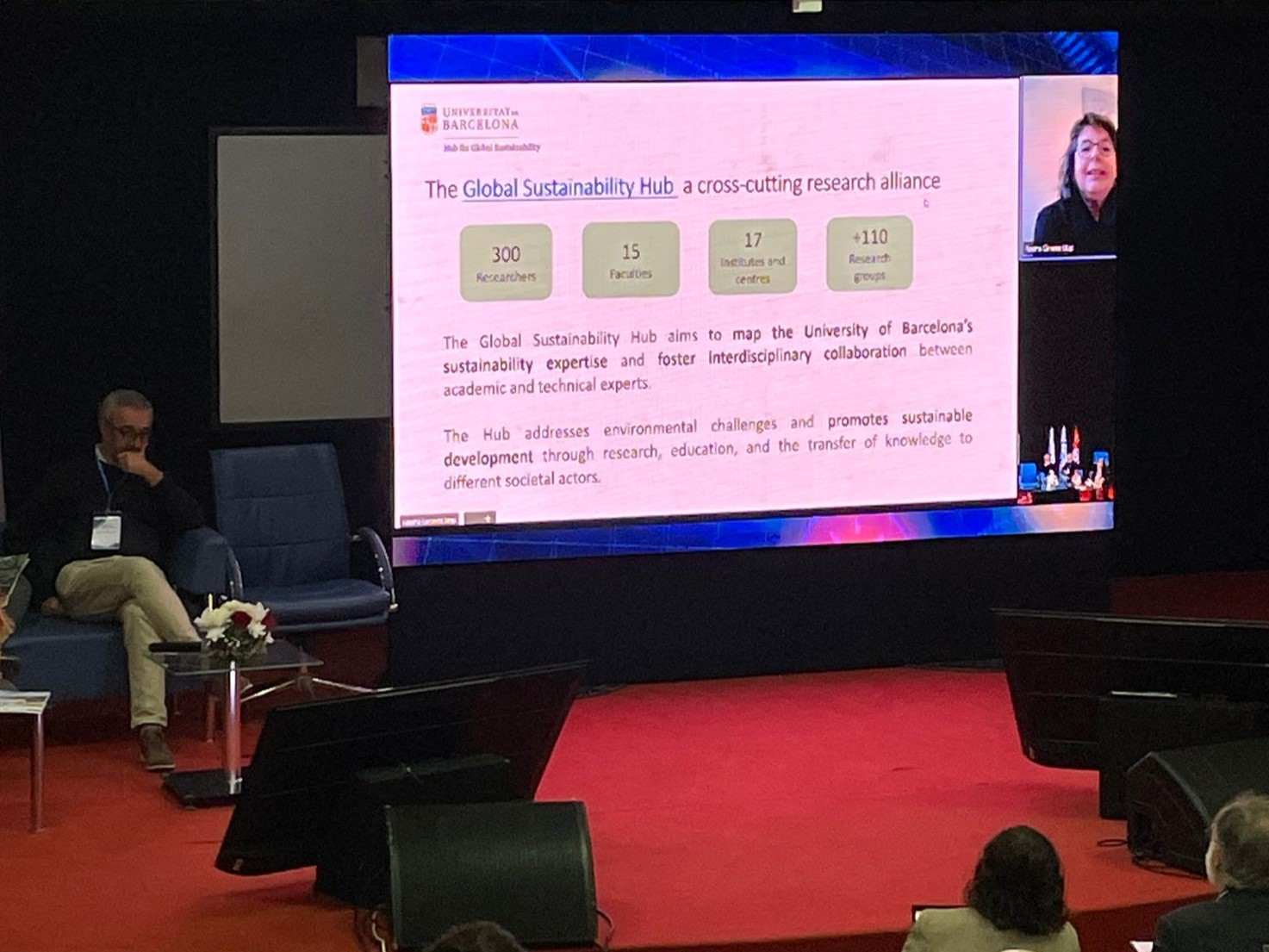
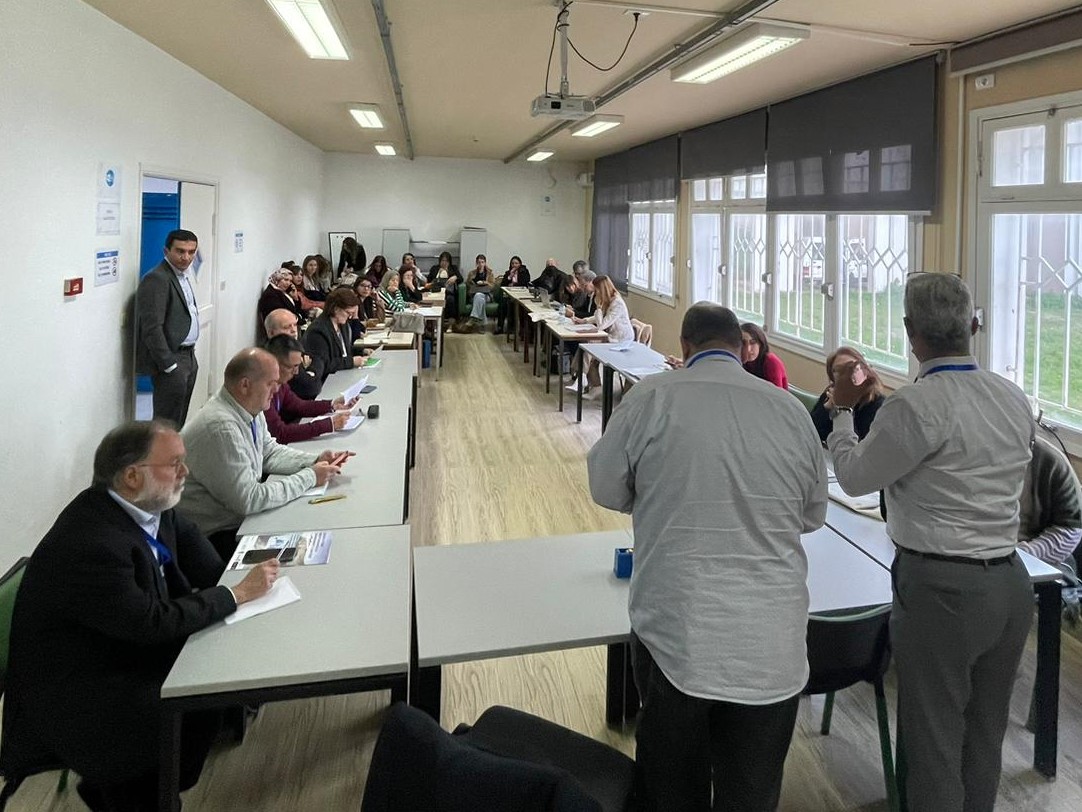
The event was organised by the University of Carthage (UCAR), promoter of the OMCC together with the Palestinian Farmers’ Union (PFU), the Catalan Association for Peace (ACP) and the Solidarity Foundation of the University of Barcelona (FSUB), with the support of Barcelona City Council.
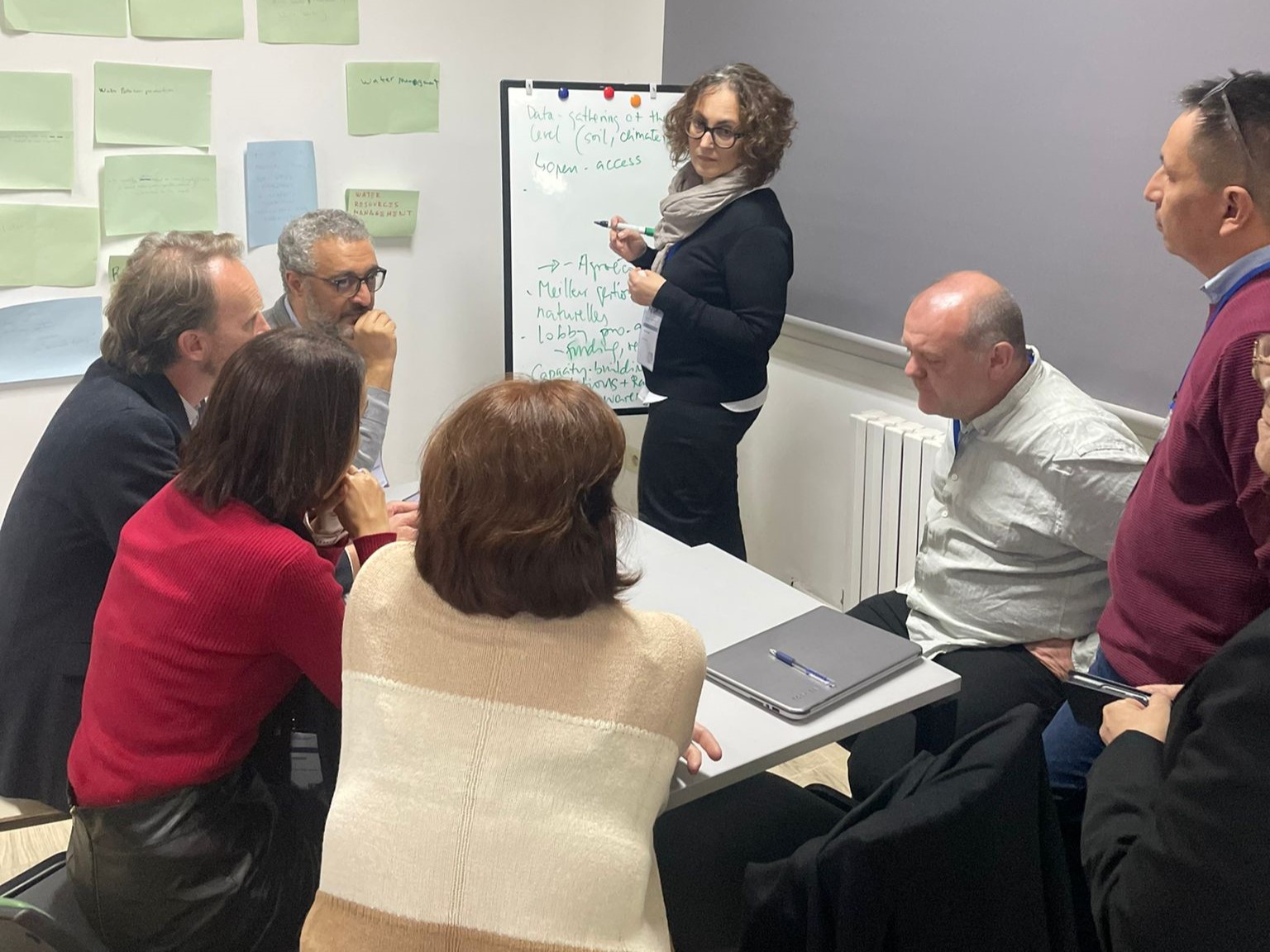
In addition to the promoting entities, following the Observatory’s commitment to networking, the event was attended by several higher education and research institutions, non-governmental and civil society organizations, and public administrations in the Mediterranean.
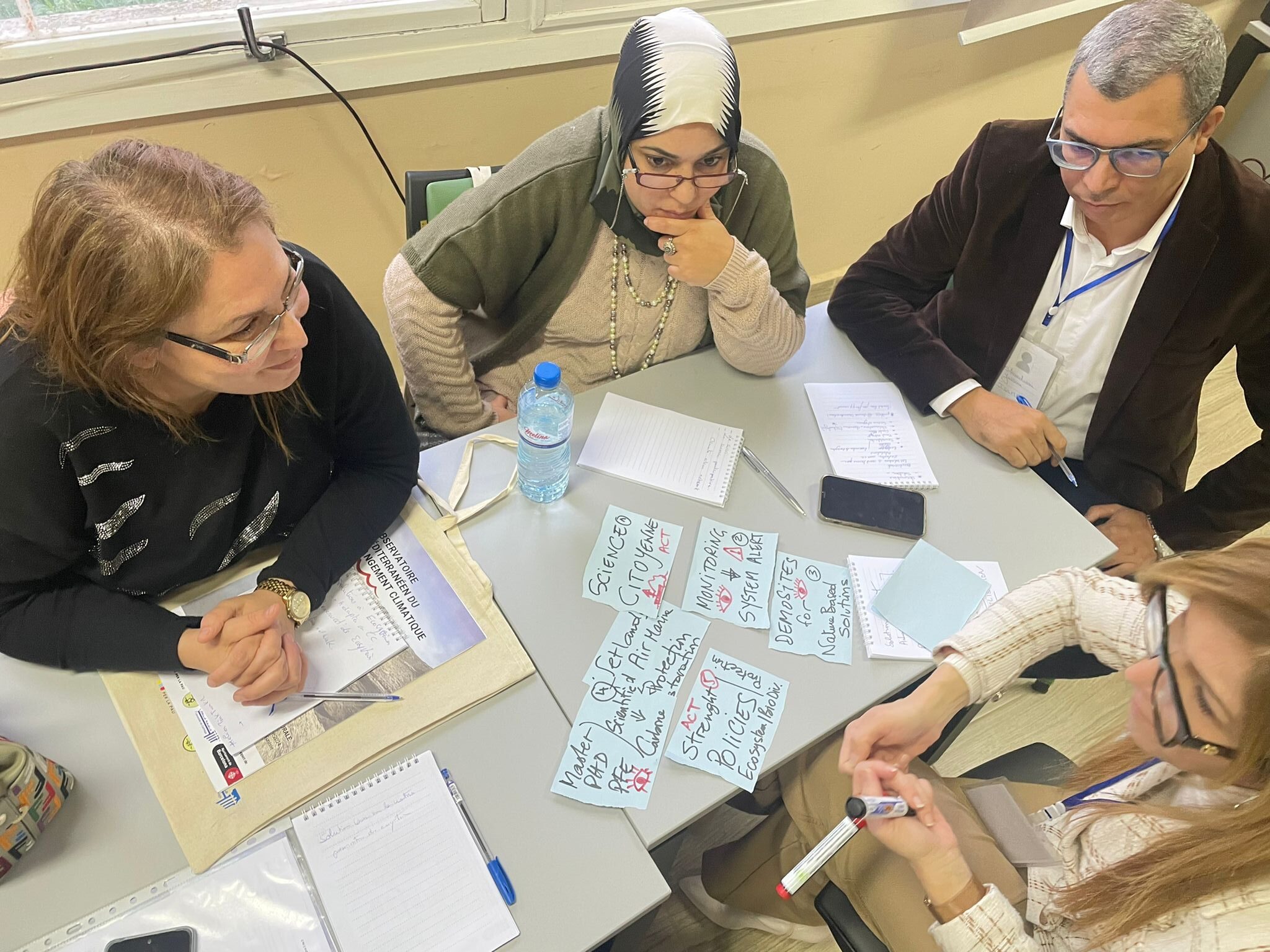
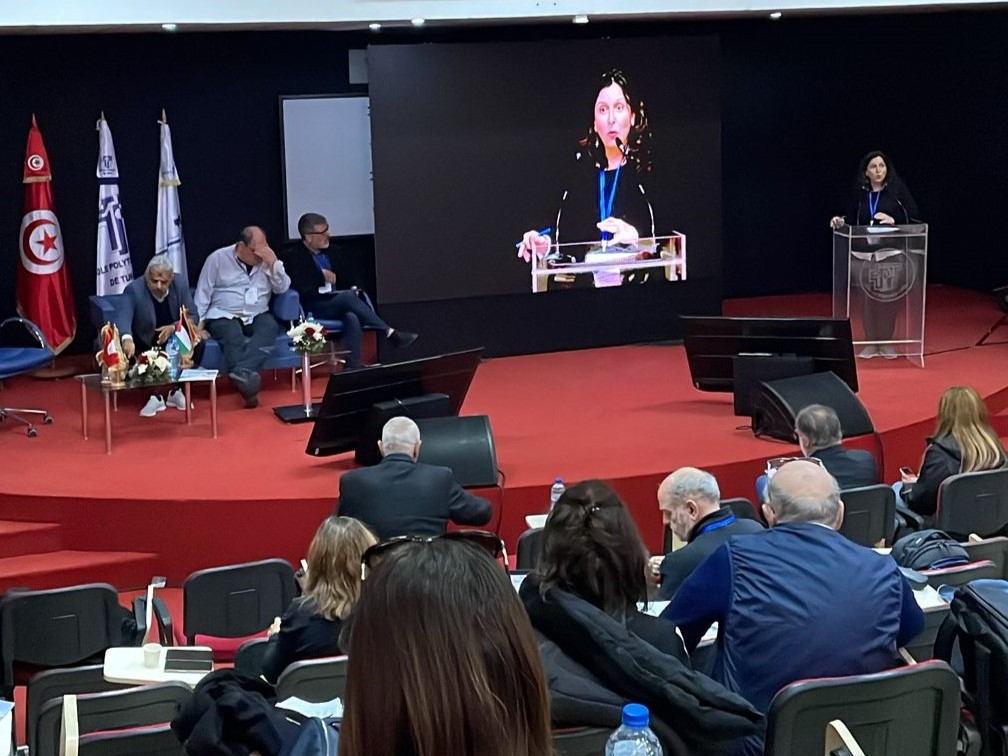

On the first day of the conference, Elyes Hamza, Director of the Regional Activity Centre for Specially Protected Areas (SPA/RAC), pointed out that “the catalysts for effective climate action are: political commitment, inclusive governance, international cooperation, effective ecosystem management, and knowledge exchange”. For her part, Shifa Mathbout, from the European University Cyprus (EUC), recalled that “climate change not only has environmental repercussions, but also social, economic and political ones”. Wafa Masoud and Basel Natsheh, from the Palestine Technical University – Kadoorie (PTUK), presented innovative strategies in the field of water reuse for agricultural use. Giuseppe Cirelli, from the University of Catania (UniCT), addressed how this reuse can serve to mitigate the risk of drought, and stated that “wetland systems constructed for wastewater treatment represent a great opportunity for Mediterranean countries”. Lamia Bouziri, from the Tunisian Association for Sustainable Development – Research in Action (REACT), explained how preventing water pollution at source can be a sustainable approach to valorizing unconventional water in agriculture. And Zohra Lili Chabaane, from the National Agronomic Institute of Tunisia (UCAR-INAT), highlighted that “the context of continued drought, both in Tunisia and in Spain, has strong impacts on the cultivation of cereals, which are the basis of our diet”.
On the second day of the conference, Rosina Gironès, dean of the Faculty of Biology of the University of Barcelona, presented the Hub on Global Sustainability of the UB, of which she is the coordinator. Antoni Alarcón, director of the Barcelona Zoo, warned that “biodiversity is threatened by rising temperatures, acidification of the seas, pollution, loss of critical habitats, changes in migration patterns, increased incidence of invasive species, impacts on fisheries and local communities, or more frequent extreme events”. And Mehdi Ben Mimoun, from UCAR-INAT, specified that “one of the most relevant effects of climate change on plant biodiversity is its impact on agriculture and food security”.
The last panel was moderated by Consuelo Tome Virseda, general coordinator of the Spanish Agency for International Development Cooperation (AECID) in Tunisia, who highlighted the importance that NGOs, civil societies and administrations work together in adapting to climate change. Sagar Malé, from the Catalan Association for Peace, explained the joint work with the UB Solidarity Foundation in countries like Palestine to “find practical and innovative solutions to specific problems at the local level, with the goal that can be replicated in other communities that face similar challenges”. Abbas Milhelm, from the Palestinian Farmers’ Union (PFU), noted how “farmers accompany the process of adaptation and resilience to the difficulties caused by climate change” and highlighted the relevance of Climate Action Networks (CAN) and international multisectoral networks, such as the OMCC, to influence the international agenda. And David Llistar, director of Global Justice and International Cooperation Services of the Barcelona City Council, defended the capacity of municipalities, with plans like this, to deal with the climate crisis.
The Mediterranean Observatory on Climate Change (OMCC) conference closed with reflections such as those of the UB’s vice-rector for Sustainability and Climate Action, Teresa Sauras, who said that, “if one positive thing can be extracted from the climate emergency, it is that we realize that we have to work together; and we need all the talent in this room”.
This news is related to the following SDG of 2030 Agenda:







